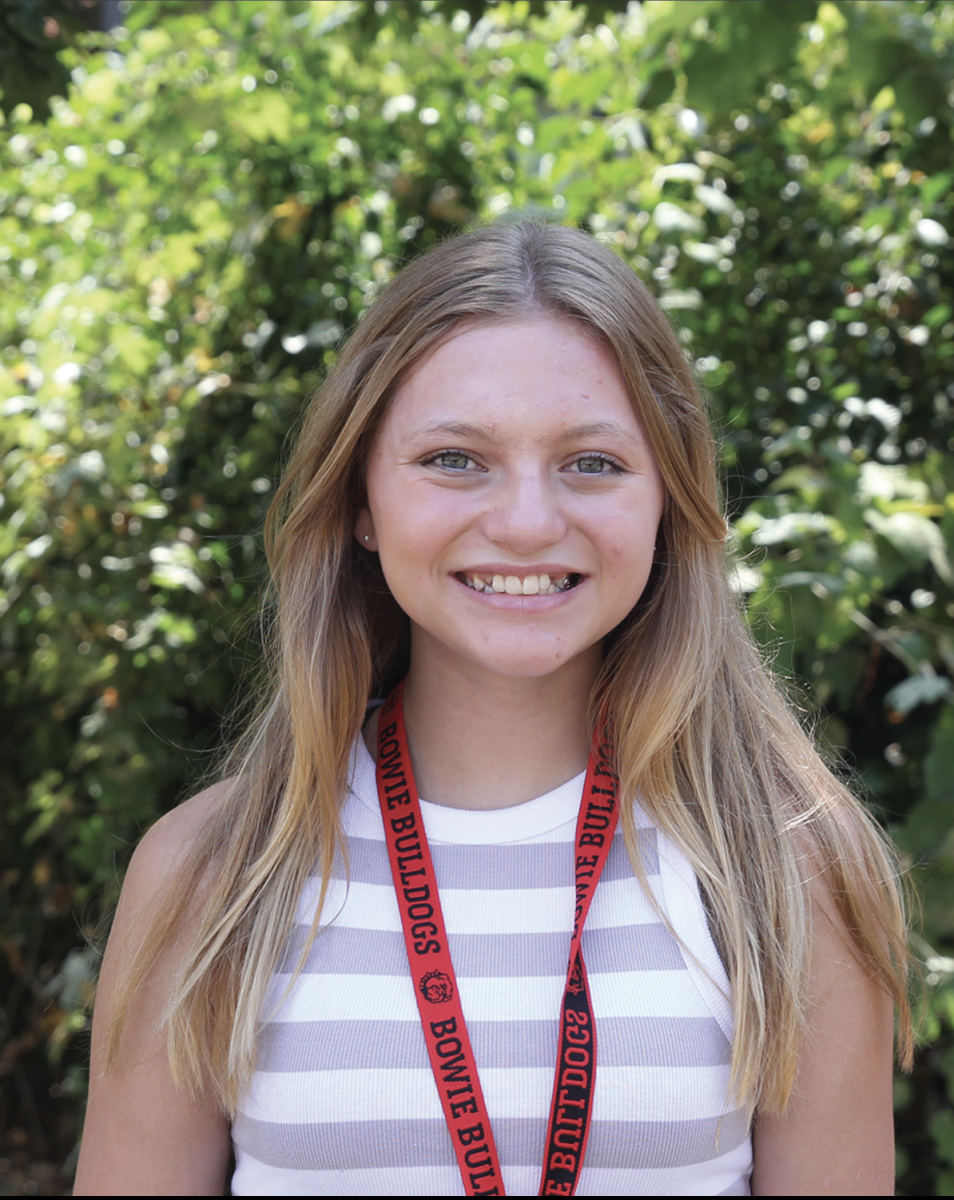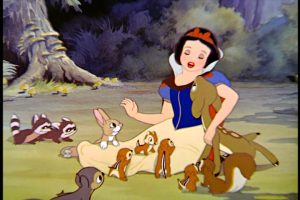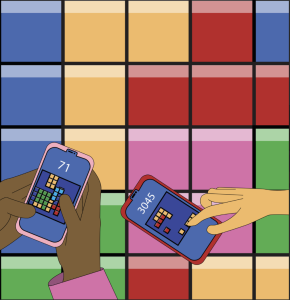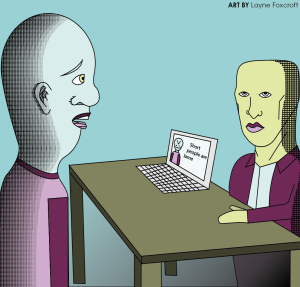Alexander Hamilton raps
December 29, 2015
To anyone not familiar with the hottest show on Broadway, the combination of words “Alexander Hamilton rap musical” seems like the punchline of a joke, or maybe a bizarre game of Mad Libs. However, to the thousands of fans—among them the Obamas, Paul McCartney, and Beyoncé—of the critically-acclaimed musical Hamilton, it’s a musical masterpiece.
But not only is the show reaching some very famous eyes and ears, it’s also reaching students and their classrooms to learn the history material.
Written by Tony Award-winning writer and lyricist Lin Manuel Miranda, Hamilton seems like an unlikely hit in both its subject matter as well as its musical influences.
But despite the doubts of some, Hamilton has received rave reviews across the board, is sold out in New York City well into next spring, won Miranda the MacArthur Genius Grant, and, perhaps most surprisingly, is topping the rap charts alongside the likes of Drake and Fetty Wap.
“Lin Manuel Miranda creates music that is parallel to modern and old school hip hop, R&B, and rap styles,” senior Austin Hyde said. “I’d say he is one of the only people to mix rap and musicals together perfectly without making it stupid or gimmicky.”
As Miranda told The Atlantic in a September interview, Hamilton is “a story about American then, told by America now.” Though the story centers around the Founding Fathers, the cast of Hamilton is multi-racial; every principal role is played by African-American, Latino, and Asian-American actors, which is another angle that draws audiences in.
“If it was a bunch of old white men singing classically about what happened to Alexander Hamilton, I don’t think anybody would be interested,” sophomore Lauren Norris said.
However, Hamilton is more than just entertainment—it’s also an educational tool. With its exhilarating hip hop anthems about revolution, cabinet debates reimagined as rap battles, and heart-wrenching R&B ballads, the musical is teaching its listeners about American history in a new, refreshing way.
“I think we think of history as something boring and in the past, but these were some of the most exciting years in American history,” Norris said. “It’s just really interesting and [Hamilton] makes it a lot more accessible for young, modern audiences.”
Hamilton breathes life into the dusty pages of history books by not only including big historical events like the American Revolution, but also the more personal stories of Alexander Hamilton and his peers; their petty arguments, their grief, their lost love. It uses modern music and language to tell these stories, making them more relatable for the audiences of the 21st century.
“It’s a whole other story and concept, it’s not just about telling history,” Norris said. “It’s a complex and multi-faceted story, and I think it reflects a lot of concepts and struggles that we see in our modern lives today.”
With its educational potential, it’s unsurprising that Hamilton has made it into classrooms. Many US History teachers in American high schools have used the musical as a way to get their students interested in the subject, including those at Bowie.
“We were going to be learning about Alexander Hamilton’s financial plan as secretary of state, and so we used it to introduce the lesson,” AP U.S. History teacher Ruth Ann Widner said. “We wanted [the students] to know a little more about his origin, his story, to try to explain why he created the financial plans that he did.”
Though the subject matter combined with the style of music used for the Hamilton caused even history teachers like Widner to have their doubts about how effective the musical would be, she quickly warmed up to it upon seeing how students responded.
“I thought, ‘A whole musical on Alexander Hamilton? Who’s gonna like that?’ but I just know how popular it was with my students, even my own daughter who’s not in U.S. History loves the musical and keeps telling me about how she’s learning about Alexander Hamilton,” Widner said. “I love that, that it’s drawing kids into a historical figure from the 1790s that otherwise they would care very little about.”
In the lesson, Widner and her colleagues used the opening number of Hamilton in which the characters sing and rap about Hamilton’s childhood as an illegitimate child in the West Indies and how he used his superhuman work ethic and talent for writing to get a scholarship in New York City, setting the stage for the events portrayed in the musical.
“They definitely loved the style, they were mesmerized by it, they were focused on it, and most of the class wanted to watch it again,” Widner said.
It’s possible that Hamilton has changed how present-day American audiences think about the history of their country, and perhaps some of them will see themselves in the story of Alexander Hamilton, someone who started with nothing and made it into a very big something, and find themselves inspired to become America’s future leaders, creators, and innovators.









